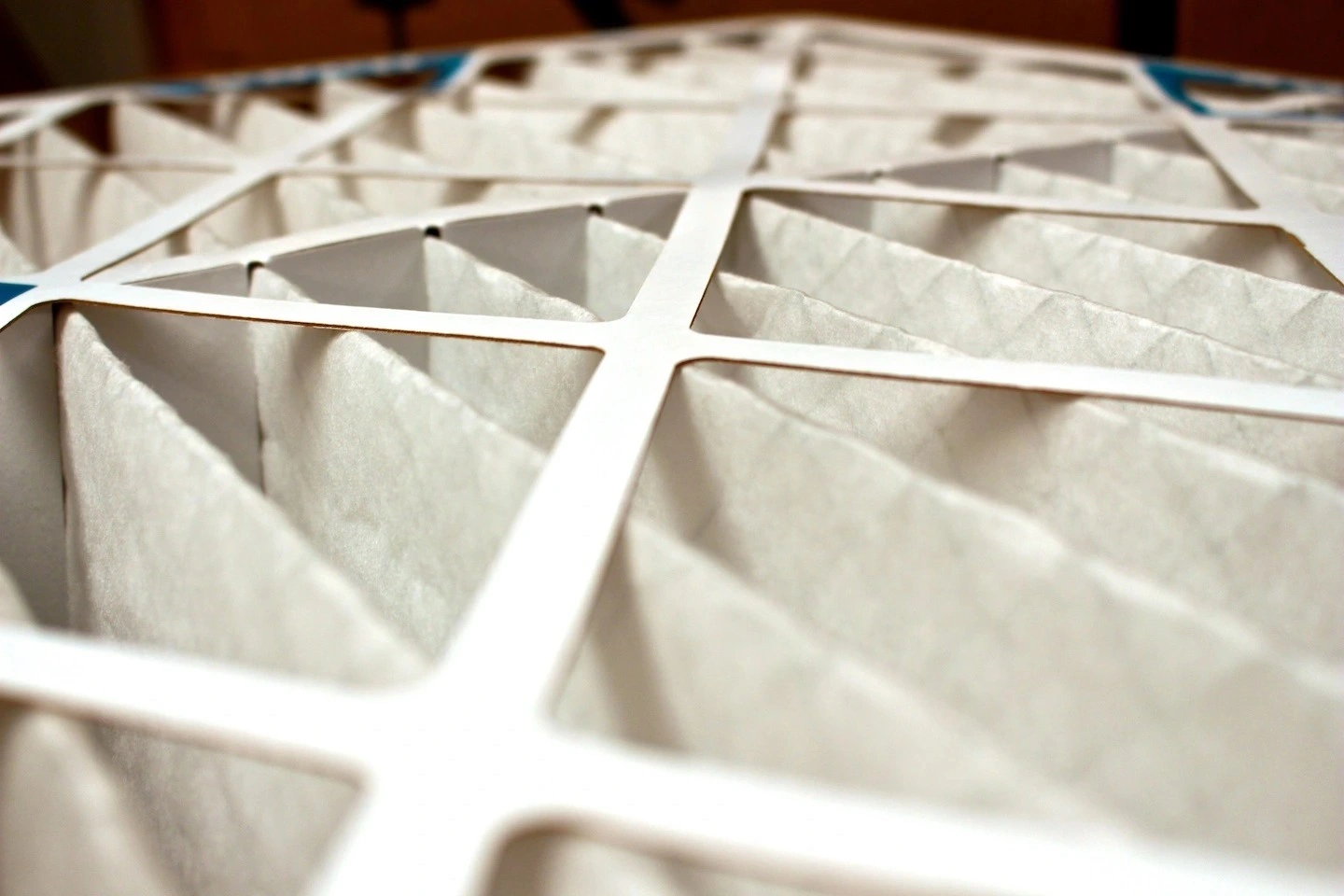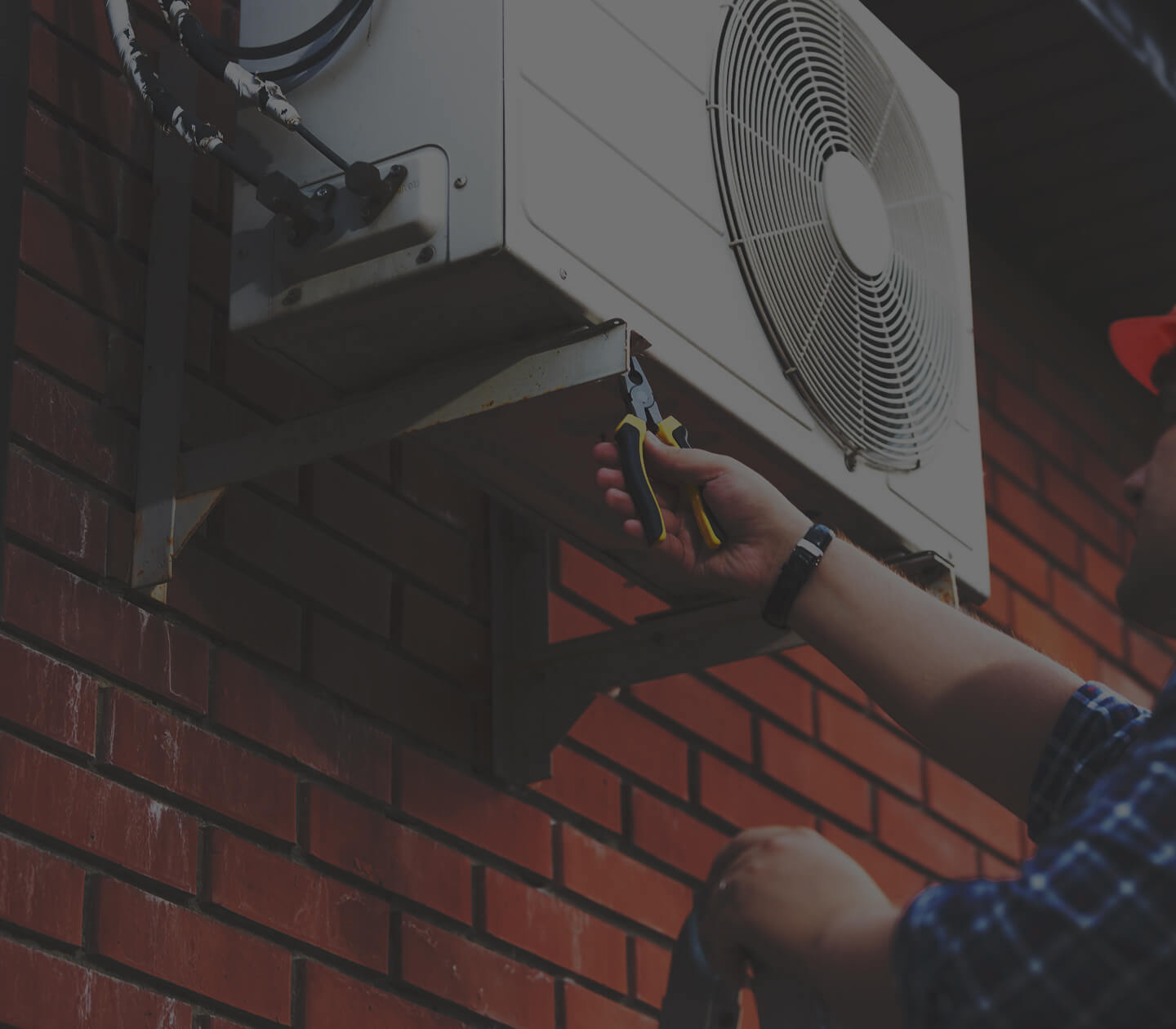A leaking air conditioner is not only an inconvenience but it can lead to water damage and mold growth in your home. Not only is it messy, but it can also indicate a serious problem with your HVAC system. In this blog post, we’ll dive into why this happens and how you can address it, potentially saving yourself a costly repair bill.
Understanding the Basics: How Does an AC Work?
Before we dive into the causes, it’s helpful to understand the basic operation of your air conditioner. Your AC unit works by removing heat and humidity from the air inside your home. As the warm air passes over the evaporator coils, moisture in the air condenses and collects on the coils. This condensed water is then channeled away from the unit through a drain line. If any part of this process is disrupted, you might end up with a leaking AC.
Common Causes of AC Leaks
Clogged or Blocked Drain Line
The Problem: The most common cause of AC leaks is a clogged or blocked drain line. Over time, dirt, dust, algae, and other debris can accumulate in the drain line, preventing the water from flowing freely. This can lead to water backing up and overflowing from the unit.
The Solution: Regular maintenance is key to preventing clogs. You can try clearing minor clogs yourself using a wet/dry vacuum or a specialized drain line cleaning solution. For stubborn clogs or if you’re uncomfortable tackling this yourself, it’s best to call in a professional HVAC technician like TemperaturePro Austin.
Frozen Evaporator Coils
The Problem: If the evaporator coils freeze up, the ice will eventually melt and cause water to leak from the unit. Several factors can contribute to frozen coils, including low refrigerant levels, dirty air filters, or restricted airflow.
The Solution: If you suspect frozen coils, turn off your AC immediately and call a professional HVAC technician. They can diagnose the underlying cause and safely thaw the coils. It’s crucial to address this issue promptly to prevent damage to the compressor.
Damaged or Cracked Drain Pan
The Problem: The drain pan sits beneath the evaporator coils and collects the condensed water before it’s channeled away. If the drain pan is cracked or damaged, water can leak out.
The Solution: A damaged drain pan needs to be replaced. While a minor crack might be temporarily patched, it’s generally recommended to replace the entire pan to ensure proper drainage.
Condensation Pump Issues
The Problem: If your AC unit is located in an attic, it might have a condensation pump to help move the water upward and out of the unit. If the pump malfunctions, water can back up and leak.
The Solution: Check the condensation pump for any signs of damage or blockage. If you’re unable to resolve the issue, call an HVAC professional to repair or replace the pump.
Incorrect Installation or Improper Maintenance:
The Problem: If your AC unit wasn’t installed correctly or hasn’t been properly maintained, it’s more likely to develop leaks. For example, an improperly leveled unit can cause water to pool in one area and overflow.
The Solution: If you suspect installation or maintenance issues, schedule a professional inspection to ensure your system is operating correctly.
Preventing AC Leaks
- Schedule Regular Maintenance: The best way to prevent AC leaks is to schedule regular maintenance with a qualified HVAC technician. They can clean the drain line, check refrigerant levels, inspect the coils, and identify any potential issues before they cause leaks.
- Change Air Filters Regularly: Dirty air filters restrict airflow and can contribute to frozen coils. Change your filters every 1-3 months, or more frequently if you have pets or allergies.
- Keep the Area Around Your Unit Clear: Make sure there’s adequate space around your outdoor unit for proper airflow. Remove any debris, leaves, or vegetation that could obstruct the unit.

When to Call a Professional
While some minor issues can be resolved with DIY troubleshooting, it’s crucial to call a professional HVAC technician if:
- You can’t identify the cause of the leak.
- You suspect a refrigerant leak. Handling refrigerants requires specialized knowledge and equipment.
TemperaturePro Austin: Your Trusted AC Experts
If you’re dealing with a leaking AC in Austin, don’t hesitate to reach out to TemperaturePro Austin. TemperaturePro Austin has a team of experienced technicians who can diagnose and repair any AC issues, including leaking AC units. We offer 24/7 emergency services to ensure your comfort, even in the sweltering Texas heat.


